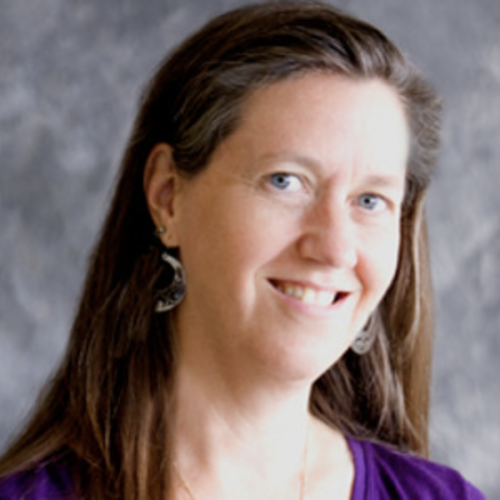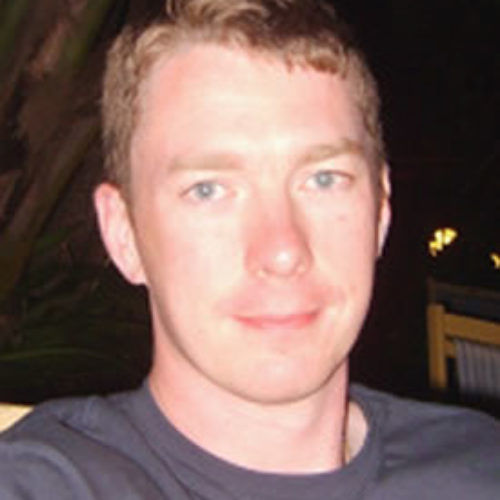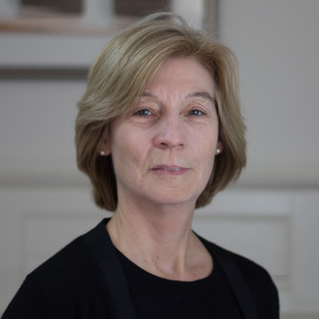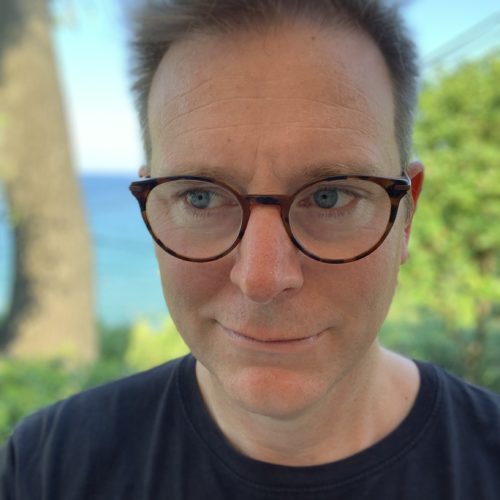D: Professions and Expertise
Network D accepts abstracts of approximately 500 words (deadline December 16 2024).
Network D will organize one hybrid session during the on-site conference (Montreal, 9-12 July 2025).
Submissions can be made through the usual process, details here: https://sase.org/event/2025-montreal/#submission-guidelines
Call for papers
Professions and experts have long held a central role in both the economy and society, and today, they remain as vital as ever. In particular, they play a crucial role in addressing key socio-economic concerns of our time, such as climate change, corporate governance, ageing populations, and trade regulation.
There are some distinctive features of the contemporary roles of professions, professionals, and experts. The meanings of the terms “profession” and “professional” have evolved. Alongside the traditional professions, such as accountancy, architecture, law, and medicine, a range of new professions has emerged. These new professions, like management consultancy and project management, rely on discourses of expertise, ethics, and client service to establish their positions in the market and to legitimize their claims to issues traditionally under the jurisdiction of the old professions. Professionals now frequently work in large, often multinational, organizations that shape discourses and identities. Additionally, technology is fundamentally disrupting the professions, most recently through the impact of artificial intelligence.
The status of professions has also been challenged. Professions are increasingly operating within divisions of labor alongside other occupational groups with whom they cooperate and compete. Claims to expertise, rather than claims to being a profession, have become more important. Individuals and groups work relationally to develop expertise claims within networked ecologies. From expertise in autism to expertise in monetary policy, wealth management, and environmental protection, jurisdiction over domains is being claimed in ever-more diverse ways.
Through the Professions and Expertise Network, we aim to develop critical analysis of the dynamics of professions and expertise. In particular, we are interested in how professions, professionals, and experts operate at the heart of global socio-economic agendas. The network welcomes contributions from various intellectual traditions and disciplines, including sociology, political science, economics, geography, anthropology, and management studies.
University of Western Ontario
Tracey L. Adams
Tracey L. Adams is a Professor in the Department of Sociology at the University of Western Ontario, Canada. Her grant-funded research focuses on professional work and professional regulation in Canada and internationally. One primary branch of research examines intersectional inequalities at work. A second focuses on the changing nature and organization of professional work and expertise. A third research area traces changes in professional regulation and state-profession relations across time and place. Tracey’s work has been featured in Work, Employment & Society, Social Science & Medicine and the Journal of Professions and Organization, among other journals. Recent books include the award-winning, Regulating Professions (University of Toronto Press, 2018), and the co-edited Gender, Age and Inequality in the Professions (with Marta Choroszewicz, Routledge, 2019).
Lancaster University Management School
James Faulconbridge
James Faulconbridge is Professor of Transnational Management in the Department of Organisation, Work and Technology at Lancaster University Management School, UK. His research focuses upon the way processes of globalization and financialization have transformed the professions and professional service firms, as well as the way knowledge and practice move internationally within and between professional organizations. James has published widely in journals including Environment and Planning A, The Journal of Economic Geography, Economic Geography, Organization Studies and Work, Employment and Society. He has co-authored the book The Globalization of Advertising (Routledge) and edited the book International Business Travel in the Global Economy (Ashgate).
University of Virginia
Elizabeth Gorman
Elizabeth Gorman is an Associate Professor of Sociology at the University of Virginia, where she teaches courses on work, gender, organizations, and sociology of law. Her research interests focus on gender- and race-based workplace inequality and on professional and expert work. Her research has appeared in the American Sociological Review, the American Journal of Sociology, and a number of other journals. Dr. Gorman’s current project examines the increasing role of the state in the regulation of professional misconduct in the legal and accounting professions. She holds a JD from the University of Chicago and a PhD from Harvard University. She is currently one of the co-organizers of SASE’s Network D: Professions and Professionals in a Globalizing World, and a Council member for the American Sociological Association’s Section on the Sociology of Law.
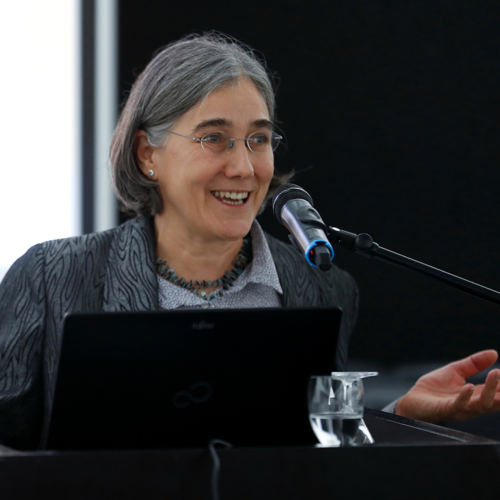
University Duisburg-Essen
Sigrid Quack
Sigrid Quack is Director of the Centre for Global Cooperation Research and Professor of Comparative Sociology at the University Duisburg-Essen in Germany. Previously, she was Leader of the Research Group on Institution Building across Borders at the Max Planck Institute for the Study of Societies in Cologne and for many years a Senior Researcher at the WZB Social Science Center Berlin. She has been a visiting fellow at the Stockholm Centre for Organizational Research (SCORE); the Watson Institute for International Studies at Brown University, Providence; the École Normal Supérieure Cachan; and St. John’s College at the University of Cambridge.
Sigrid has written widely on globalization and institutional change, transnational governance, professions and expertise, as well as previously on the comparative analysis of capitalism, gender relations, labour markets and employment systems. Among other publications, Sigrid has co-edited two volumes with Marie-Laure Djelic on Transnational Communities (Cambridge University Press) and Globalization and Institutions (Edward Elgar). She has published articles in Accounting, Organizations and Society;Annual Review of Sociology; Cambridge Journal of Economics; Global Policy; Organization Studies; Revista de Administração de Empresas; Review of International Political Economy; Socio-Economic Review and Theory and Society. Her most recent German book (co-edited with Schulz-Schaeffer, Shire and Weiß) explores forms and regulations of transnational work and labour markets (Transnationale Arbeit, VS Springer). Sheis currently working on two major projects: organized creativity and intellectual property rights in pharma and music; and imagined pathways to global cooperation in transnational governance.
Sigrid Quack has been a member of SASE since 2006. She is a co-organizer of Network D: Professions and Professionals in a Globalizing World, has served on the Executive Council since 2014, on the SER Best Prize Committee in 2016 and 2018 and on the Diversity Committee in 2019.
Photo by Georg Lukas / KHK/GCR21
Copenhagen Business School
Leonard Seabrooke
Leonard Seabrooke is Professor of International Political Economy and Economic Sociology in the Department of Organization (IOA) at the Copenhagen Business School. Len’s research focuses mainly on transnational professionals, international organizations, NGOs, activist movements, and consultancy communities, especially in how they treat tax, financial, and demographic change issues. Seabrooke’s work has featured in top journals, including American Sociological Review, Governance, International Studies Quarterly, Journal of European Public Policy, Public Administration, Review of International Political Economy, and others. His most recent book is Professional Networks in Transnational Governance (co-edited with Lasse Folke Henriksen, Cambridge University Press, 2017).
